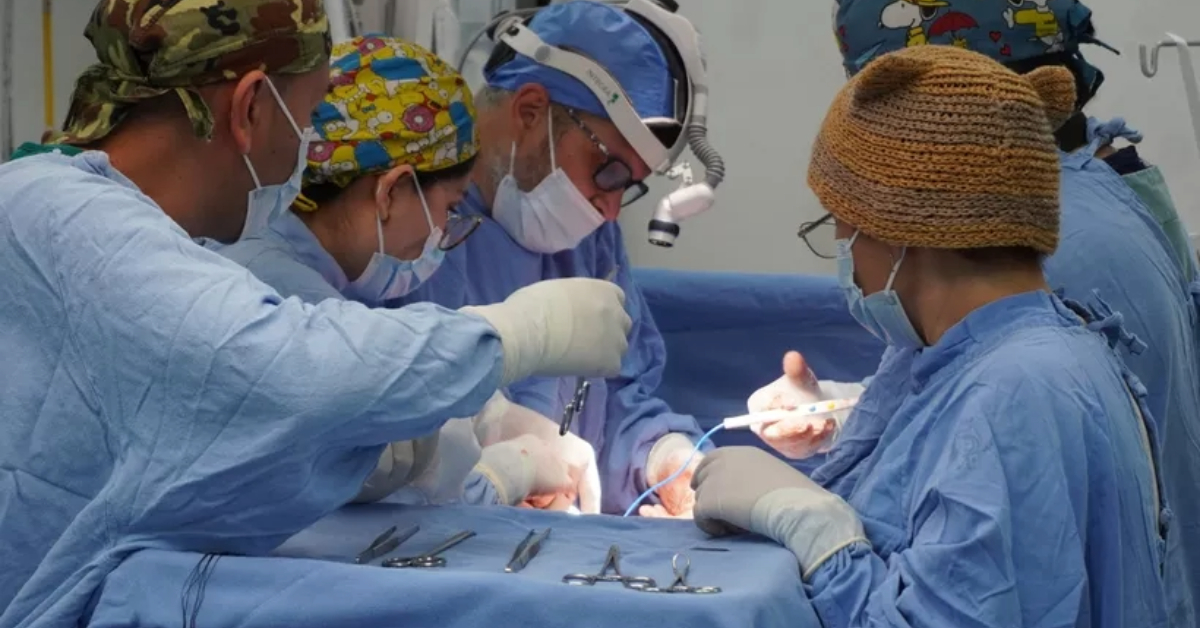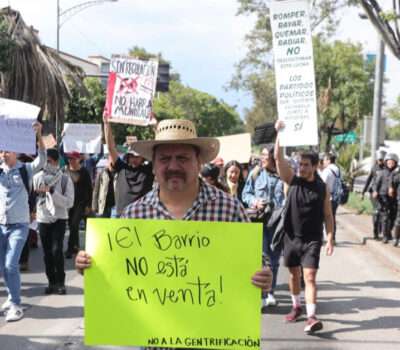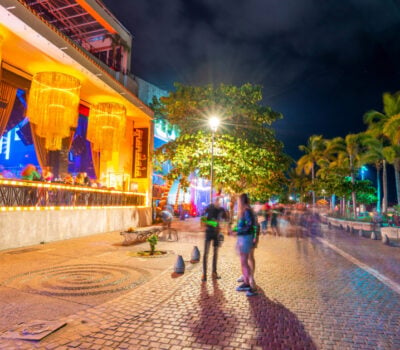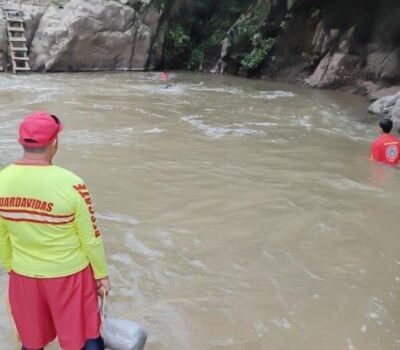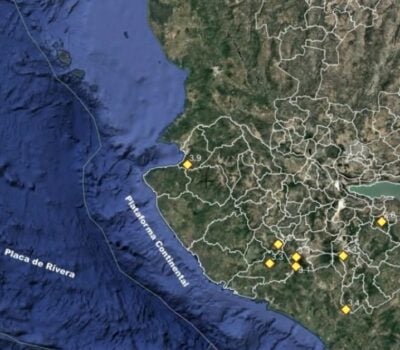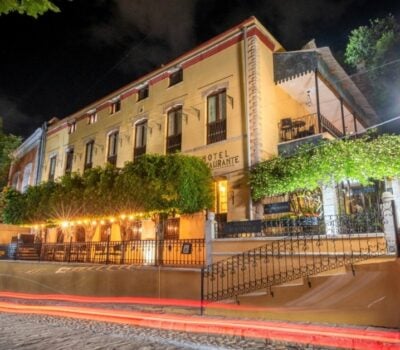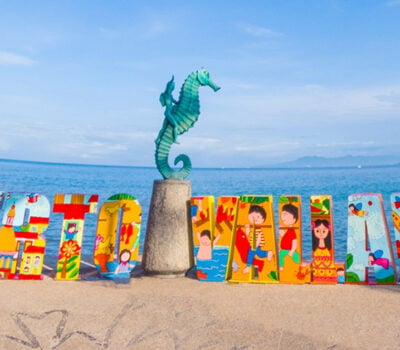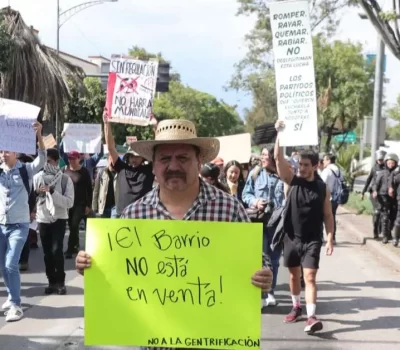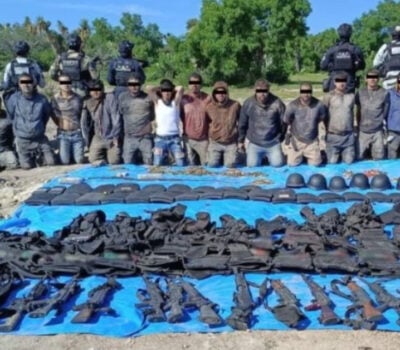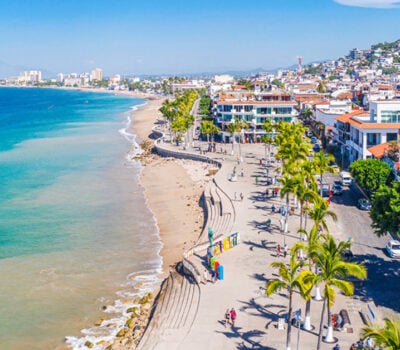Puerto Vallarta, Mexico - A 17-year-old Jalisco patient urgently received a kidney from the IMSS multi‐organ donation in Quintana Roo. The donated organs were made by an American women who passed away on vacation in Cancun.
A 17-year-old patient in Jalisco who faced life-threatening complications from acute kidney failure received a kidney today, thanks to a historic IMSS multi‐organ donation in Quintana Roo. Local transplant surgeons performed the surgery with the donated organ arriving under a dedicated ambulance convoy and medical escort, marking a critical turnaround for the teenager who had been on the transplant waiting list for months.
Without the transplant, doctors warned that the teenager risked irreversible organ damage and severe complications. When IMSS officials in Quintana Roo learned of the urgency in Jalisco, they prioritized one of the kidneys procured from a foreign donor. Within hours of harvesting, medical staff coordinated with Jalisco authorities, dispatching the kidney via ambulance accompanied by trained nursing personnel. Surgeons at a Guadalajara hospital completed the transplant successfully, and the young patient is now recovering with stable kidney function.
“This transplant was our top priority,” said Dr. Javier Morales, head of the Jalisco Transplant Center. “Every minute counted. Our team received the organ swiftly and performed surgery immediately. Today, we celebrate a second chance at life for this teenager.” Morales added that the patient’s post-operative indicators are positive, and he is expected to be discharged within the next week under continued medical supervision.
Behind this life-saving procedure lies a broader story of unprecedented collaboration: the Mexican Social Security Institute (IMSS) in Quintana Roo successfully carried out, for the first time in its history, a multi‐organ procurement from a foreign national. The donation yielded two kidneys, two corneas, as well as skin and bone tissue—all of which are already benefiting other patients across Mexico.
According to María Cristina Ramos Hernández, director of the Regional General Hospital (HGR) No. 17 in Cancún, the multi‐organ donation stemmed from a 44-year-old American tourist who suffered neurological deficits of vascular origin while vacationing in Cancún. Despite aggressive treatment at a private hospital, physicians observed no signs of recovery. The patient’s wife then made the decision to honor her husband’s advance wish to donate his organs. Once she provided formal consent, hospital staff activated Mexico’s “Life Code” protocol, initiating the chain of procedures that led to multiple successful transplants.
“From the moment we confirmed the patient’s donor status, our priority was to mobilize resources and experts,” Ramos Hernández explained. “This woman’s decision gave several Mexican patients hope. Skin and bone grafts can be hard to come by, and in this case, not only did we secure two kidneys for critical need in Jalisco, but we also sent corneas to Mexico City and tissue to the State of Mexico.”
IMSS specialists procured both corneas and immediately dispatched them to the Corneal Tissue Bank at the UMAE “Dr. Gaudencio González Garza” General Hospital of the La Raza National Medical Center (CMN) in Mexico City. Cornea transplants often alleviate severe visual impairments caused by scarring, keratoconus, or other degenerative conditions. By sending these corneas promptly, the IMSS network ensures shorter wait times and quicker restoration of sight for two patients in the capital.
Meanwhile, skin and bone tissue were sent to the State of Mexico Tissue Bank, which desperately needs graft material for burn victims, reconstructive surgeries, and complex orthopedic procedures. Dr. Laura Gómez Martínez, director of the tissue bank, emphasized the impact: “Receiving high-quality skin and bone tissue straight from Quintana Roo reduces our backlog significantly. Patients who might have otherwise waited weeks can undergo surgery in days.”
Transporting a kidney from Cancún to Guadalajara required airtight coordination. IMSS logistics specialist Joaquín Mora outlined the process: “We had to align legal, medical, and transportation teams across two states. Working with the American consulate ensured all international donor documentation was in order. From procurement to delivery, we had under five hours—every step was a race against time.”
Upon arrival in Jalisco, transplant surgeons led by Dr. Rafael Medina of the Guadalajara Transplant Institute performed the kidney transplant. “The kidney arrived in pristine condition,” Medina reported. “We performed surgery without delay. The patient moved from critical to stable in under 24 hours.” He noted that post-op kidney function tests indicate excellent perfusion and that the teenager’s kidneys are working well.
Legal complexities accompanied the foreign donation. Under Mexican law, foreigners on temporary tourist visas do not automatically become eligible donors unless they provide prior written consent. The donor’s wife presented a signed U.S. documentation authorizing organ donation, validated by both Mexican health authorities and the American consulate. This ensured full compliance with national regulations, international ethics, and the IMSS protocol.
For Jalisco residents, this donation underscores the importance of organ donation networks and public awareness. Dr. Morales urged families to discuss donation wishes openly: “This case shows how one decision can save multiple lives. Consent paperwork, once in place, allows medical teams to act swiftly. We hope more families in Jalisco learn from this example.”
Beyond Jalisco, other recipients are already slated to receive the remaining tissues. In Mexico City, two patients with severe corneal scarring will undergo transplant surgery next week. In the State of Mexico, three patients—one burn victim, one reconstructive surgery candidate, and one orthopedic patient needing bone graft—are scheduled for immediate procedures. The IMSS network continues to monitor outcomes across all sites.
This event marks only the second multi‐organ procurement in Quintana Roo this year but the first involving a foreign donor. Earlier in 2025, IMSS had conducted a donation solely from Mexican nationals. By successfully managing legal requirements, international coordination, and rapid medical logistics, IMSS Quintana Roo has set a new precedent for cross-state and cross-border organ sharing.
“The teamwork was remarkable,” said Dr. Ricardo Navarro López, IMSS medical director. “We coordinated with private hospitals, consular officials, various IMSS branches, and state transplant centers. Our shared goal was clear: save lives. Today, five Mexican recipients will benefit—two from corneas, two from skin grafts, one from bone, and most importantly, the teenager in Jalisco who will grow into adulthood.”
As tourism in Quintana Roo surges—Cancún logged over 10 million visitors last year—health authorities see opportunities to expand donor outreach. IMSS plans to launch a public awareness campaign in late June, focusing on organ donation rights and procedures for citizens and visitors alike. Community seminars in Cancún, Mérida, and Guadalajara will educate the public on how to register as donors and navigate the legal framework.
For Maria Elena Chávez, mother of the teen transplant recipient, the kidney donation was nothing short of a miracle. “We thought we were losing our son,” she said tearfully. “Now he has hope. We’re forever grateful to the donor’s family and to everyone at IMSS who made this possible.”
In the coming weeks, IMSS will report on the progress of all transplant recipients. For Jalisco, the teenager’s recovery symbolizes more than a successful surgery; it highlights what coordinated healthcare across states can achieve. As Dr. Morales concluded, “This is Jalisco’s success story—but it’s truly a victory for the entire country.”


